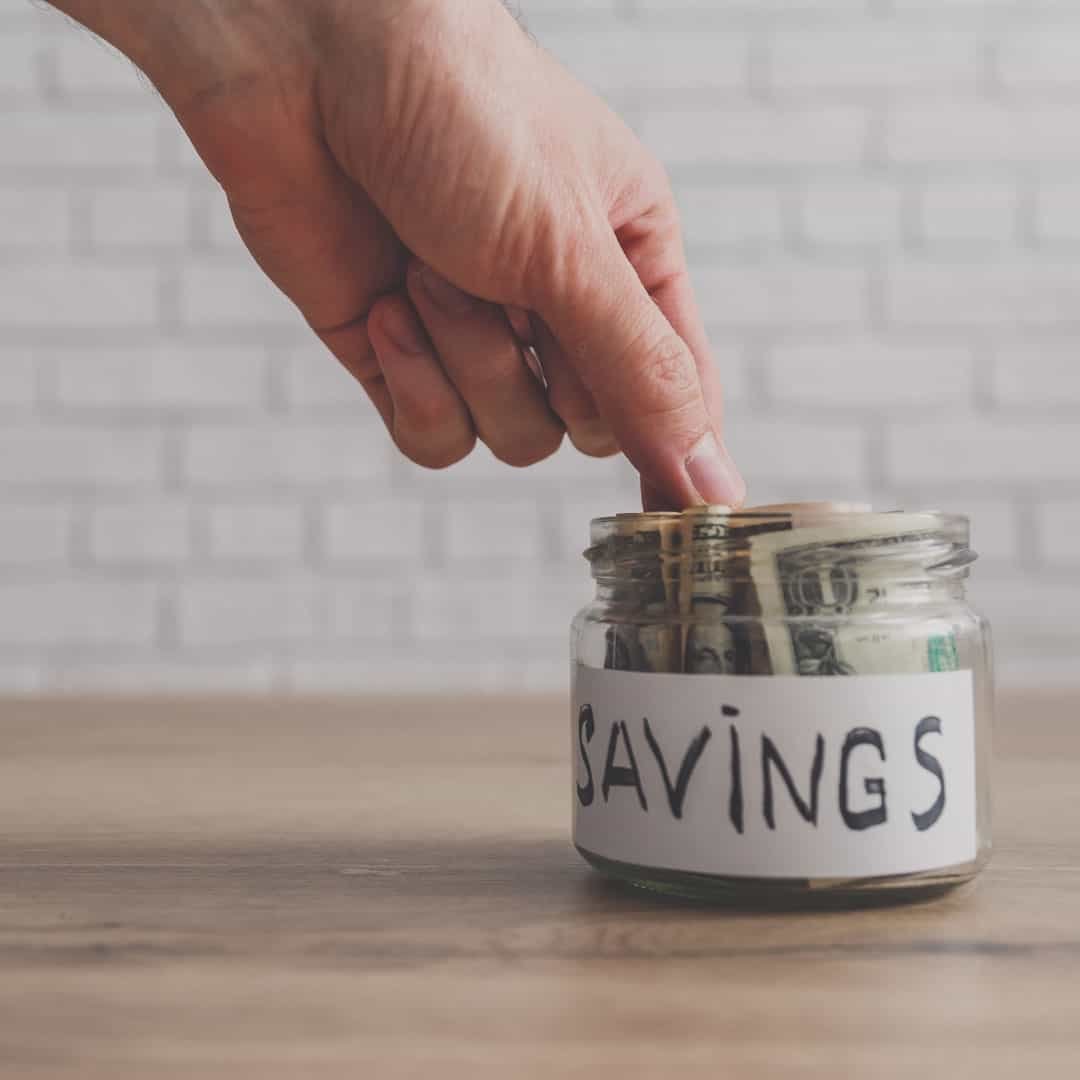It’s a good idea to start saving now and have an emergency fund set aside. It should have at least $1,000 in it, and more, if possible. Otherwise, your other alternative may be to take out a high-interest, short-term loan. This is usually from payday loans, cash advance, or title loans. The terms of repayment, coupled with the high interest rates, generally means you’ll take at least eight pay periods to pay off your debt.
Saving money sounds a lot easier than it is, but once you establish a regular routine, it becomes second nature. So, start saving now.
For instance, use cash as much as possible. If you don’t have enough cash with you to cover the purchase, you may decide you don’t need. It’s a lot harder to part with cash than it is to put it on the card, and once you’re out of cash, that’s it. You can’t overdraft.
If you have magazine subscriptions, cancel the ones you don’t read, or read only a couple of articles from. Also, be aware many magazines have an auto-renewal, so make sure you check your card or bank statement for this.
Shopping: Start Saving Now
Shop for store-brand groceries rather than name-brand. The food is usually made at the same factory, so the difference is nominal, but the savings can certainly add up. Try checking the top and bottom shelves in the supermarket: that’s where the lower-priced items are.
Also, try to buy items that will generate a couple of meals from leftovers. The annual cost of food the average American family throws out is estimated to be around $1500. Think how much better off you’d be if you had that same amount in your savings account.
Have money auto-drafted from your paycheck each week and put it into your savings account. Preferably an account that doesn’t have a debit card attached to it. If you don’t have money where you can spend it, you’re more likely to save it.
Budgeting
At the beginning of each month, create a weekly budget. You already know what your monthly utility and insurance bills should be, and groceries and gas for the car, so you can give yourself a weekly allowance. You don’t need to punish yourself by completely doing without, and you’ll only resent the budget if you don’t treat yourself once in a while. Anything else should go into your savings account.
Don’t be afraid to use coupons or do a price comparison. It may not seem like much at the time, but over time, your savings will add up.
But whatever else you do, always set money back. After a couple of months, you’ll be impressed by how much your savings have grown and less likely to have to rely on an emergency loan.
Kevin brings over 15 years of experience in marketing, with a specialized expertise in growing online businesses. As the Director of Marketing at a leading FINtech company, he employs innovative strategies to enhance brand visibility and customer engagement. Kevin’s passion lies at the intersection of technology and finance, where he pioneers solutions that not only meet but exceed consumer expectations. His commitment to leveraging his expertise ensures impactful results and the building of lasting relationships in the digital landscape.


